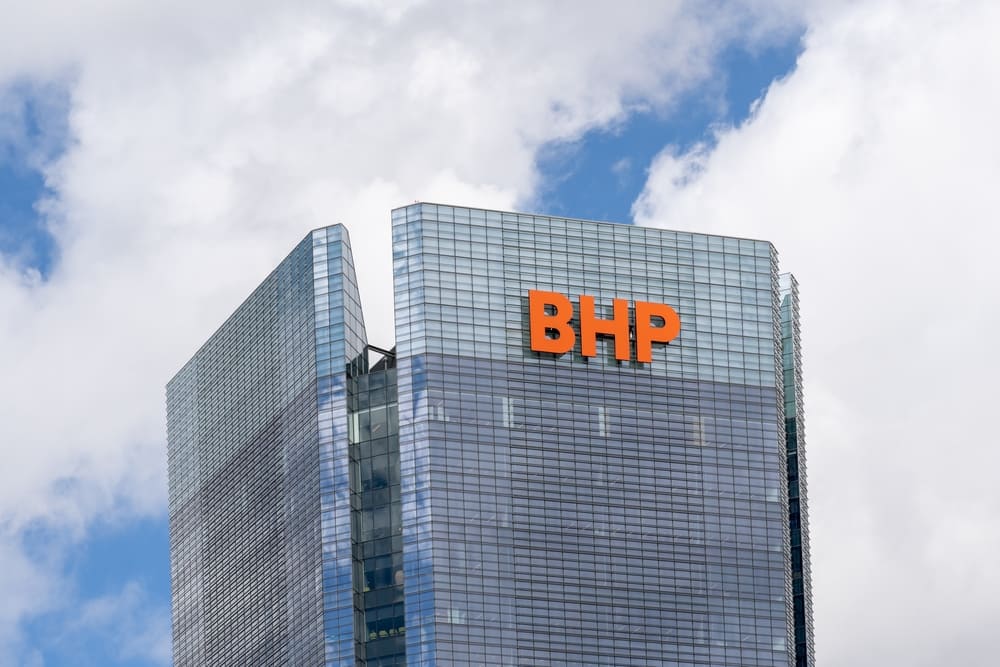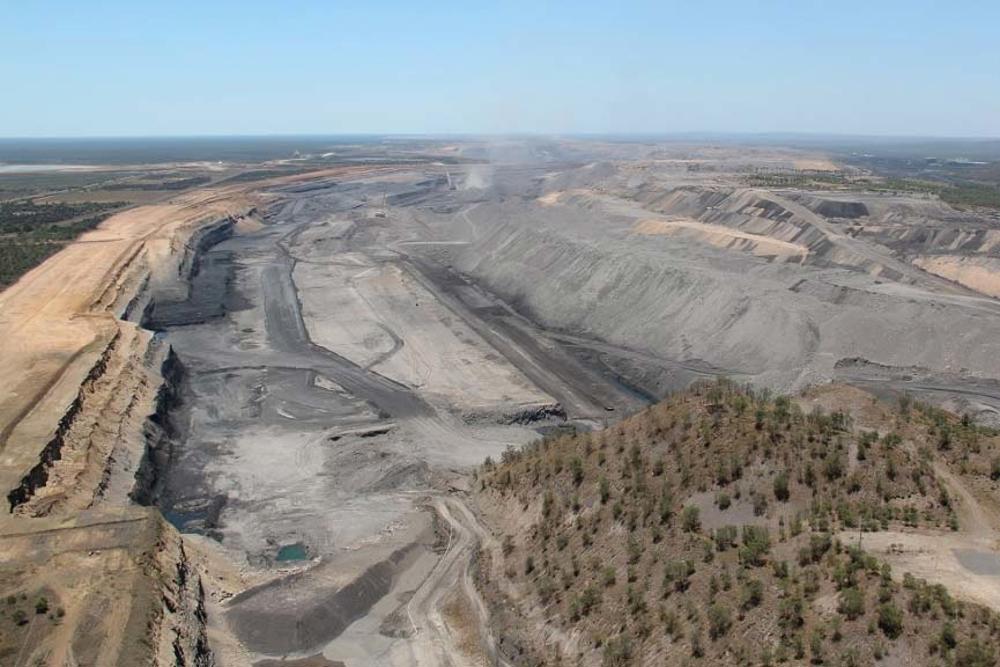
A new ground-breaking, cross-sector partnership between the Extractive Industries Transparency Initiative (EITI) and Open Ownership (OO), with anchor funding from the BHP Foundation, aims to end the use of anonymous companies linked to corruption and mismanagement in the extractive sector.
Opening Extractives is a global programme to advance beneficial ownership transparency (BOT). The program aims to make a transformational impact in the amount of publicly available information on the ownership of extractive companies.
The oil, gas, and mining sectors are at acute risk of corruption due to the significant revenues stemming from these public assets. Anonymous companies have too often facilitated corruption in the sector, as revealed in a series of scandals from the 2016 Panama Papers to the 2020 Luanda Leaks.
Publishing details of company ownership enables effective taxation and discloses data that can be used to identify and address corruption. It can help build fairer markets, encourage responsible investment, and manage business risk.
Research carried out last year by the EITI and OO highlighted that there is both high demand for technical assistance to achieve BOT, and a need for tailored support to address the complex dynamics that give rise to reform.
BHP Foundation Executive Officer and President, James Ensor, said that Opening Extractives will ultimately improve the quality of life of millions of people in resource-rich countries.
“Natural resources are ultimately owned by the citizens of every country in which the resources industry operates. Beneficial ownership transparency is critical to ensuring the revenues generated by the natural resources industry provide maximum benefit to every single citizen. But to be successful it requires governments, industry and civil society to work together – which is why this initiative is so important,” Mr Ensor said.
Executive Director of Open Ownership, Thom Townsend, said that the world is at a tipping point to move from commitments to the implementation of beneficial ownership transparency, and Opening Extractives will accelerate progress.
“Anonymous companies are the getaway vehicle of choice for stolen public money, and beneficial ownership transparency is the most effective way to close this down. The Luanda Leaks were a powerful reminder of how some resource-rich countries have suffered and how public information can thwart corrupt activity,” Mr Townsend said.
Opening Extractives builds on the collaboration of OO and the EITI over the last three years in delivering workshops, training and technical assistance in a broad range of countries.
EITI Executive Director, Mark Robinson, said that he is confident that this unique partnership is a recipe for delivering a step-change in natural resource governance.
“The project will seek to mobilise political and stakeholder commitment and build the technical capability required to publish and use complex data. It has the potential to scale beyond the extractive sector and beyond the programme’s initial group of focus countries,” he commented.












